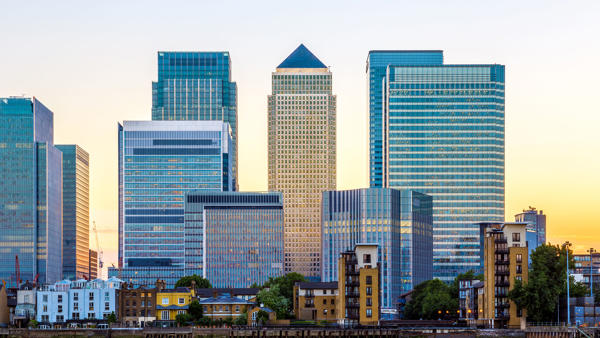When funds are transferred between accounts they move in a series of steps that together form a payment system.
Payment systems let you pay a deposit on a house, withdraw money from a cash machine, pay by direct debit, write a cheque, receive your salary into your bank account or transfer money via your smartphone.
Without payment systems if someone wanted to pay you for something you might still have to queue up in your local bank branch and pay in cash.
In the digital world of today it’s important that the way our money is moved around and processed is closely monitored and regulated. That’s where the PSR comes in.
Last year payment systems processed more than 22 billion of transactions worth around £75 trillion.
Benefits of regulation to you and me
Our focus is:
- consumers can pay quickly when buying goods or services
- better ways of moving money around are introduced
- payment services compete for consumers’ business
- payment systems are safe, reliable and secure
Quick guide to the payment systems we regulate
- Bacs is used for Direct Debits, commonly used to pay regular bills. Bacs Direct Credits are used by businesses to pay salaries and wages.
- Cheque & Credit (C&C) is used for processing cheques and other paper payments in England, Scotland and Wales.
- CHAPS is for high value transactions such as buying a house. For UK and international financial institutions this includes lending and trading activity.
- Faster Payments Scheme (FPS) is behind those almost-instant payments, including standing orders. Most internet and telephone banking payments below £100,000 are now processed this way.
- LINK is the network of cash machines that give you access to your bank account from almost anywhere in the UK.
- MasterCard and Visa Europe connect issuers of credit and debit cards with acquirers and merchants/retailers that accept card payments in the UK.
- The Sterling Fnality Payment System became a designated payment system for our regulation on 31 August 2022. It is a payment system which uses Distributed Ledger Technology to transfer funds between its participants. It is primarily focussed on wholesale and high value payments, backed by central bank money.
The designated payment systems originally also included The Belfast Bankers’ Clearing Company (Northern Ireland Cheque Clearing), which no longer oversees cheque and paper credit clearing.
Why payment systems need regulating
The PSR is the first economic regulator to oversee payment systems. These are set up and run by operators, banks, businesses and infrastructure providers rather than the people who actually use these systems – which is all of us.
These systems need to be safe and reliable. A big focus for us is on improving existing systems and encouraging new ideas to make paying for goods and services easier while keeping costs down.
What the PSR does
- Sets out the legal and regulatory framework for the payment systems industry
- Talks to the participants in that industry
- Promotes innovation and competition
- Focuses on the interests of the businesses and people who use payment systems
- Handles disputes between relevant businesses
- Investigates complaints about how payment systems are operated
What the PSR doesn’t do
- Deal with consumer related issues
- Handle complaints from consumers about individual payments
- Get involved with financial issues beyond the payments industry
Do you want to complain about a payments problem you’ve had?
The PSR does not handle complaints to do with payments that have failed or where there is suspected fraudulent activity.
If you have had a problem making a payment you should:
- Contact your financial provider (eg, bank) by phone
- Talk to their customer services
- Find contact details are on their website
You can also contact the Financial Ombudsman Service if you are still unhappy.




